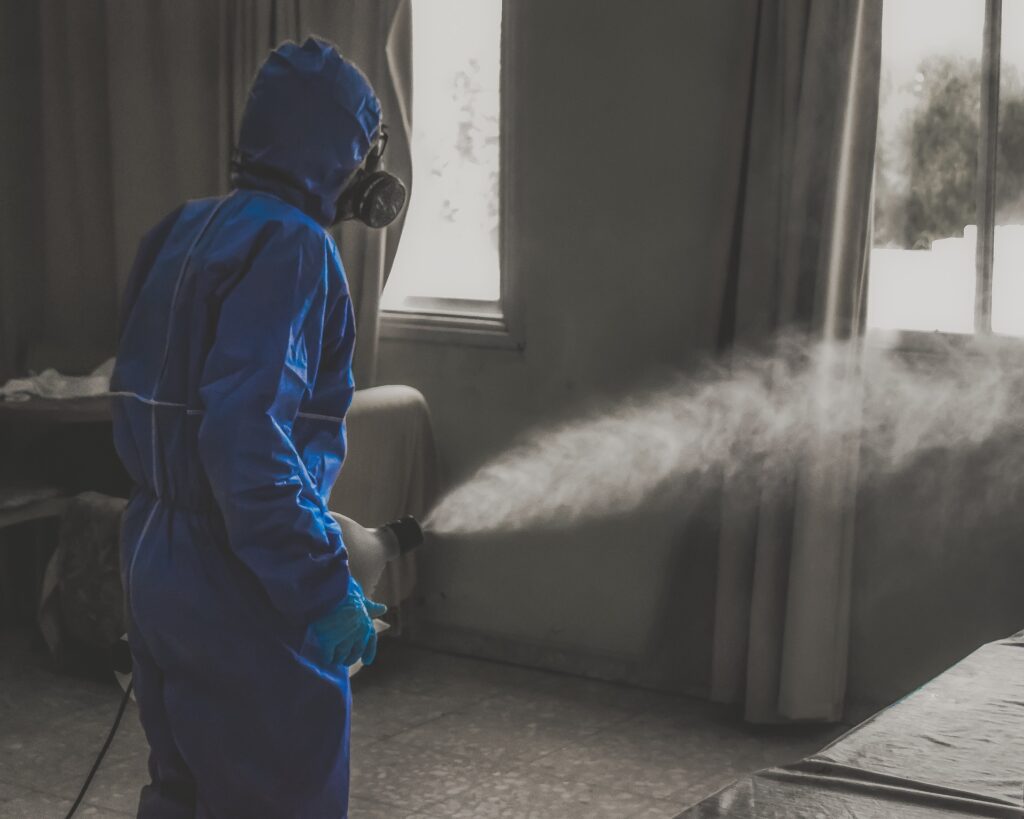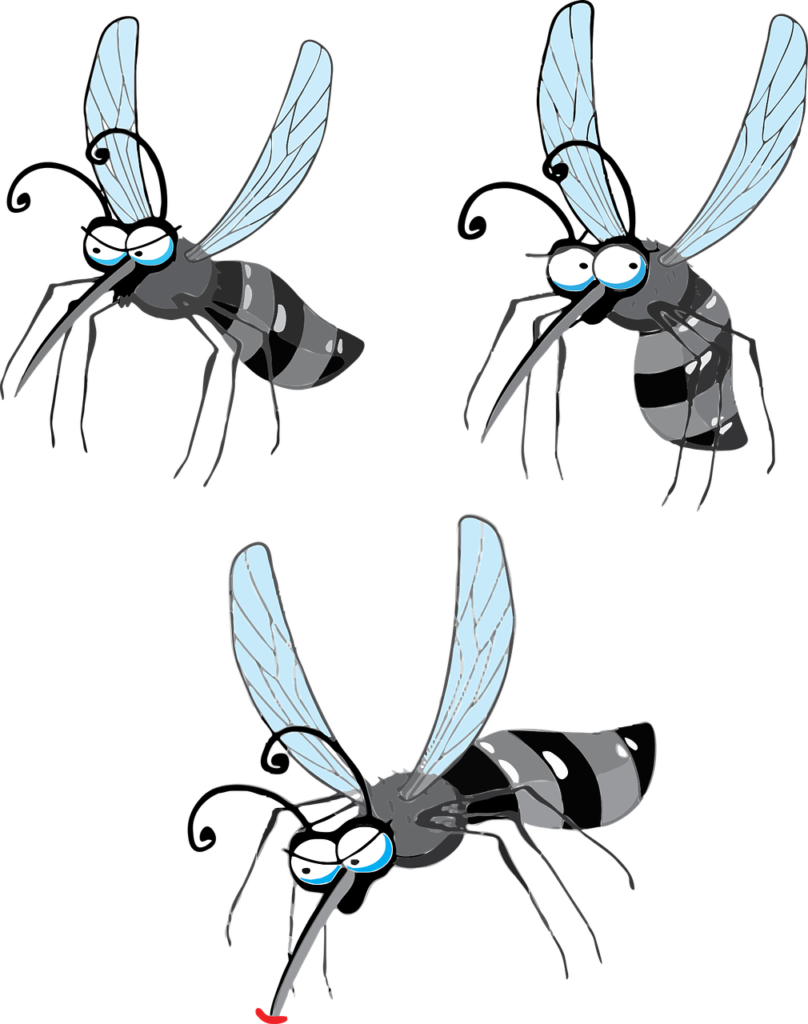Dengue fever is a viral illness transmitted by mosquitoes infected with the dengue virus. Symptoms include high fever, severe headaches, joint and muscle pain, nausea, vomiting, and a rash. In severe cases, it can lead to dengue hemorrhagic fever or dengue shock syndrome, which can be life-threatening. There is no specific treatment for dengue, but early detection and proper medical care can help manage symptoms and prevent complications. Prevention involves controlling mosquito populations and avoiding mosquito bites through protective clothing and repellents.

Symptoms of Dengue
Dengue fever typically has an incubation period of 4 to 7 days before symptoms appear, starting 3 to 14 days after an individual is exposed to the virus.
When symptoms do appear, they often start with a sharp increase in body temperature, which can go up to 41ºC (105.8ºF).
-Serious muscle discomfort in the lower back, arms, and legs
-A severe headache and eye pain
-Severe weakness and tiredness.
-Extremely painful bones and joints. The sickness is also referred to as “break-bone fever”
-Red rash on the torso spreads to the limbs and face.
- -Symptoms include nausea, vomiting, and abdominal pains.
- Loss of appetite
-Extremely high fever with chills or severe shivering.
-Face flushing.
-Another major effect is dengue shock syndrome, which is characterized by abdominal discomfort, vomiting, and a dramatic drop in blood pressure that can cause clamminess, a weak pulse, dizziness, and even loss of consciousness.
-In a limited proportion of cases, the sickness progresses to a life-threatening level. Severe dengue fever can cause organ damage and bleeding from the gums and beneath the skin, as well as blood in the urine, feces, or vomit. This is known as Dengue haemorrhagic fever.
In most cases, the symptoms heal after a week or two, but full strength recovery may take several weeks, during which time a person may be weak and susceptible to secondary illnesses.
Rising Dengue Cases in Puerto Rico
Dengue cases puerto rico

The 3.2 million-person US territory has recorded at least 549 cases this year, compared to a total of 1,293 cases last year. The majority of reports have come from San Juan.
According to the island’s health service, over 340 people have been hospitalized as a result of the mosquito-borne sickness.
Puerto Rico’s last dengue epidemic was proclaimed in 2012.
According to the World Health Organization, more than 5 million dengue cases were reported globally last year, with the Western Hemisphere accounting for over 80% of them. So far this year, the region has reported almost 3 million instances, with health officials noting that heavier rainfall, humidity, and heat linked to climate change have contributed.So far this year, the region has reported almost 3 million cases, with health officials noting that heavier rainfall, humidity, and heat associated with climate change have all contributed to the increase.
The virus can produce severe headaches, fever, vomiting, and a rash, among other symptoms. While most infected persons do not show symptoms, severe cases might result in plasma leakage and death.
Some questions and answers related to dengue fever
- What are the typical symptoms of dengue fever?
- High fever, severe muscle and joint pain, headache, weakness, nausea, vomiting, rash.
- What are the potential complications of severe dengue cases?
- Dengue shock syndrome, hemorrhagic fever leading to organ damage and bleeding.
- How has Puerto Rico been affected by dengue fever this year?
- Puerto Rico has seen a significant increase with over 549 reported cases, primarily in San Juan.
- What environmental factors contribute to the rise in dengue cases?
- Heavy rainfall, humidity, and heat associated with climate change.
- How many dengue cases were reported globally last year?
- Over 5 million cases, with the Western Hemisphere contributing over 80% of them.
